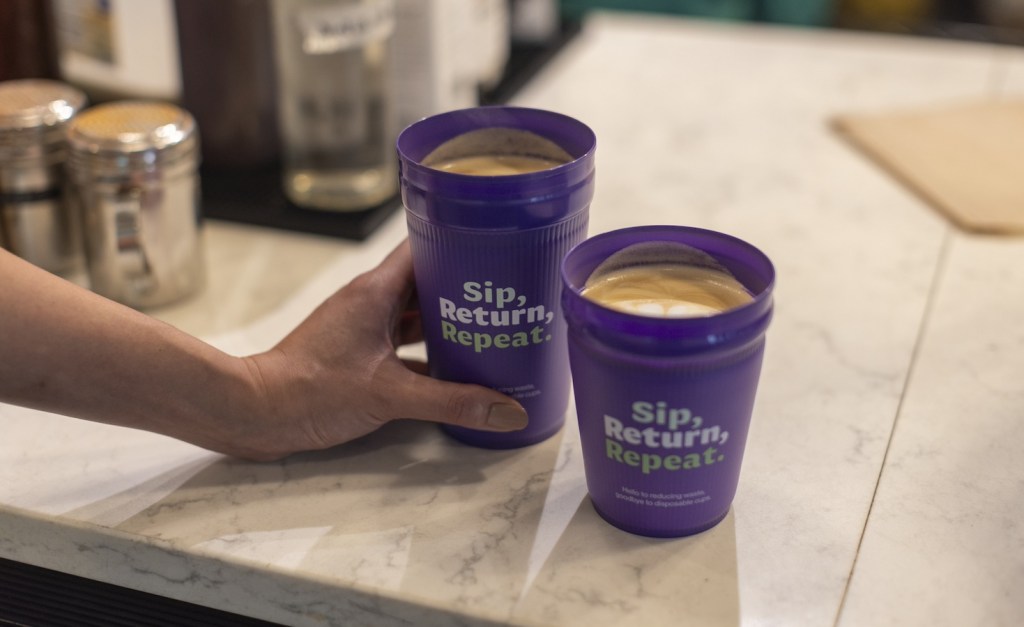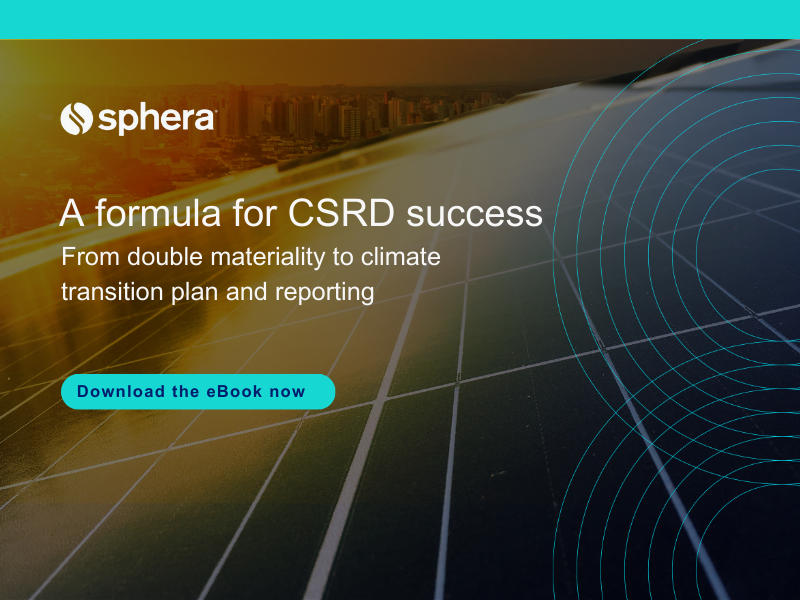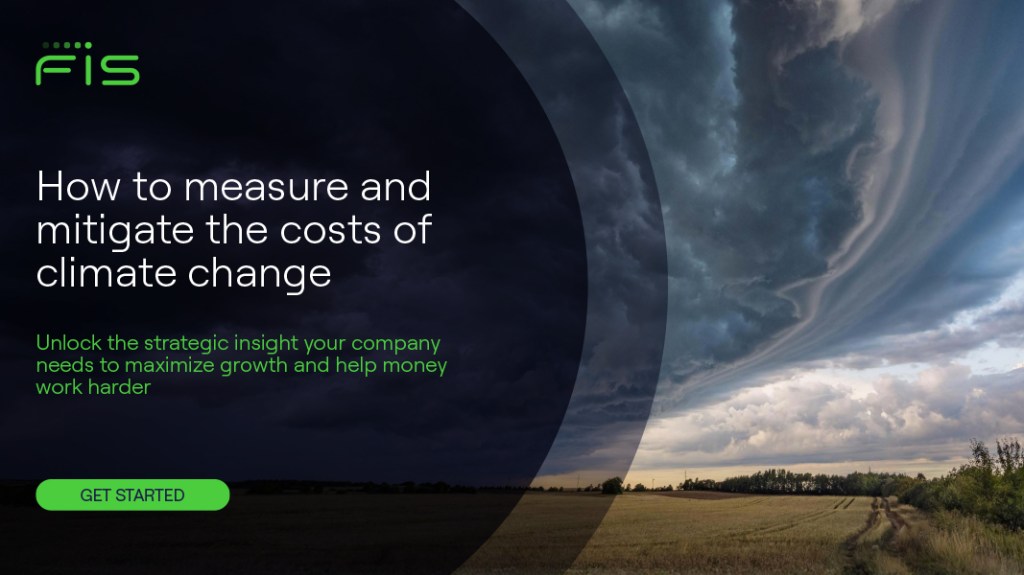Why Starbucks, Dunkin’ Donuts and KFC are teaming up to test reusable cups
The restaurants even compromised on traditional brand colors for the three-month pilot being conducted in Petaluma, California. Read More

Coffee chains Dunkin’ Donuts, Peet’s and Starbucks, fast food brands Burger King, Habit Burger Grill and KFC, and more than a dozen local restaurants are among 30 businesses collaborating in a citywide test in Petaluma, California, to see what consumers think of reusable beverage cups.
For three months, the companies are substituting their branded single-use hot and cold cups with bright purple reusable cups that bear the slogan “Sip. Return. Repeat” on the side. In other words, reusable is the default option. More than 60 return bins were placed across the 60,000-resident community, where consumers can drop cups when they’re done drinking their beverage.
The trial, which ends Oct. 28, will collect metrics about return rates and patterns, explore operational challenges for restaurant and cafe employees, and gauge consumer acceptance of the reusable cup concept. All the big brands involved have declared reuse as part of their packaging sustainability goals. The price of beverages served in the cups will not change.
“Reuse is a difficult thing, this gives us a place to collaborate in a safe space,” said Jon Hixson, chief sustainability officer at Yum! Brands, the parent company of Habit Burger, KFC and Taco Bell. Yum! has several participating locations in Petaluma, including one just for returns. “Petaluma offered nice support from a local jurisdiction. The stores there fit nicely.”
Why Petaluma was chosen
The initiative is coordinated by the NextGen Consortium, a collaboration founded by McDonald’s and Starbucks that is also funded by Coca-Cola, PepsiCo and Yum!, among other brands. Starbucks is the lead partner, with eight participating cafes, including locations in the local Target and Safeway stores.
The program started in early August, but planning started a year ago, said Kate Daly, managing director of the Center for the Circular Economy at Closed Loop Partners, which manages the consortium. The campaign will displace “hundreds of thousands” of cups, she said. The group estimates that approximately 50 billion single-use cups are thrown out annually.
Dozens of cities were considered, including 10 communities in Zero Waste Sonoma, a regional agency tasked with reducing waste to landfill. “This was appealing because it brings corporations together with the local government to find a solution,” said Leslie Lukacs, executive director of the agency.
Petaluma, in Sonoma County in the North Bay region of California, was picked for multiple reasons, according to participants.
- Proximity to both rural areas and two highway corridors
- A walkable downtown
- Strong local policies, including a ban on polystyrene
- Engaged civic organizations and nonprofit agencies that could help with marketing
- Consumers intrigued by the reuse model
“Our community is pretty clued in and wanting to make a difference,” said Patrick Carter, assistant to the city manager in Petaluma.
The city isn’t paying for the program: It’s funded by the brands. But Carter and Lukacs, and their teams, spent hours over the past year helping with the setup and meeting regularly with the brands and organizers. Here are some factors that required time and resources from the city and businesses:
- Recruiting for hand-out and dropoff locations The project was limited to take-out restaurants, mainly downtown. The 60 return bins are clearly marked and scattered through Petaluma, offered at drive throughs and alongside other waste and recycling receptacles. There’s a pickup option for consumers that find themselves with a stockpile.
- Branding and signage: Billboards and signage were placed throughout the city, near the train tracks and on busy Highway 101, which runs by the city, offering instructions. The brands have also highlighted the program on their social media accounts.
- Training: Employees at each participating restaurant needed to be able to talk up the program and instruct consumers about return policies. They also needed to know how to handle potential objections.
The color purple
The test cups are made from a “hefty” polypropylene that doesn’t include bisphenol A, or BPA, which is used in many plastics and thermal paper.
The color was chosen to make them stand out as unique and to decrease the likelihood they’ll be thrown into a traditional recycling bin, said Daily.
Starbucks, which previously managed at least two dozen reusable cup experiments on its own, created a special edition of the cup that is white on the front and purple on the back, so baristas and customers can see the fill line markings that it traditionally uses.
Partnering with other businesses, even rivals, was important to build awareness with consumers and to create a logistics and return system that could be used across brands. A beverage cup handed out in Starbucks, for example, could be returned in a Peet’s cafe. “This is really about being where the customer is and meeting them where they are,” said Amelia Landers, vice president of product experience and innovation at Starbucks.
No upcharge or discounts
The participating businesses in Petaluma aren’t adjusting beverage pricing, as the cups are considered a default option. Employees were trained to offer them first and to explain how they can be returned; that was a big investment of time, according to participating businesses.
Customers bringing a personal cup to Starbucks or to other cafes that offer that option, such as independent coffee shop Grand Central Petaluma, will continue to receive related incentives. Grand Central, for example, offers 50 cents off to customers who bring their own mug.
The coffee shop, which isn’t in the downtown area, was interested in testing reuse but didn’t have the funds to do this alone, said Natalie Vinueza, who owns Grand Central with her husband.
Stocking reusables will need to cost the same or less as for single-use cups in order for her business to consider offering this option permanently. “In order to make it worth it, I would need to have really good feedback from consumers,” she said.
Grand Central has already run across one objection that it didn’t consider before the project: What kind of cup to give a customer who is just driving through town. Reuse is important, but providing options that are accessible for everyone is even more important, Vinueza said.
What happens after the trial
Grand Central isn’t the only participant concerned with cost. Petaluma would need a funding source in order to continue the program after the initial three months, said Carter. Having the data from the pilot will be important for finding potential investors, he said.
Results from the project will be shared both with the participants and other jurisdictions considering similar programs, said Lukacs. “This is the producers stepping up to try to gather that data and be part of the solution,” she said.
Starbucks is planning to publish results of the project so that they can be used by its cafes in other locations. “We have plans to use the learnings to develop a toolkit for a returnable cup model that we can deploy in high-potential marketings and environments,” Landers said.












